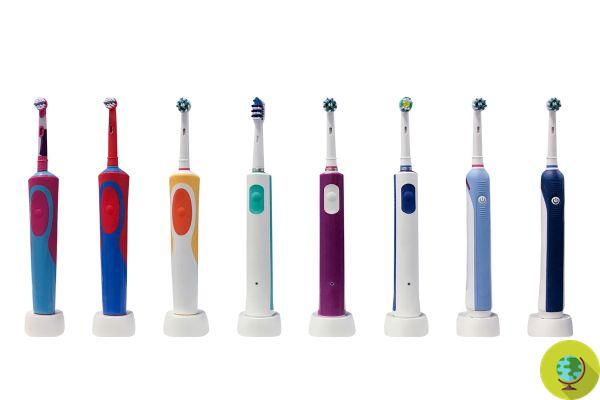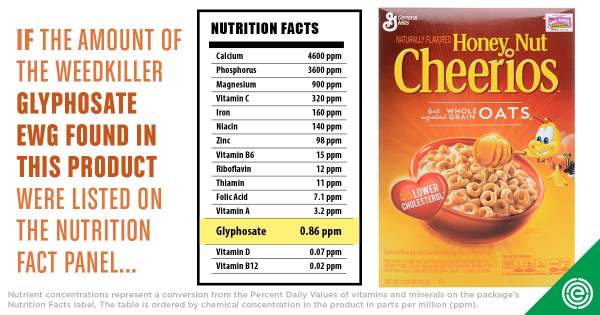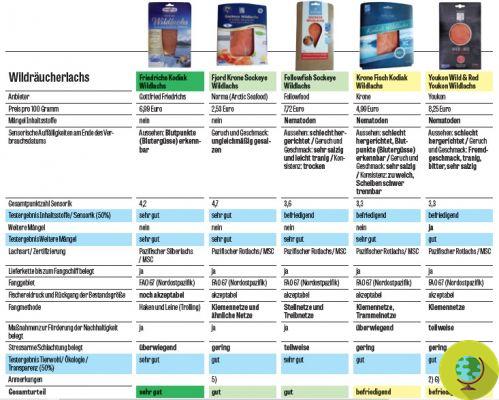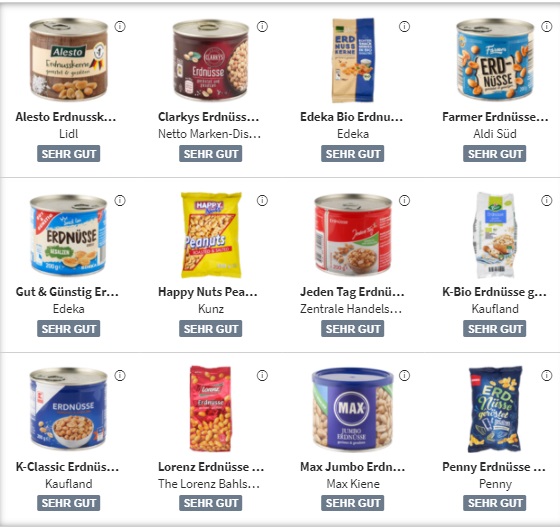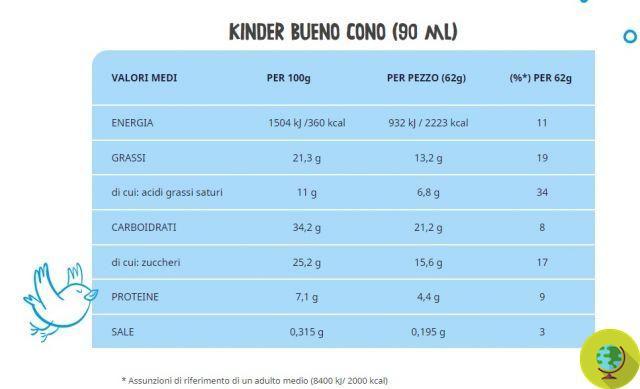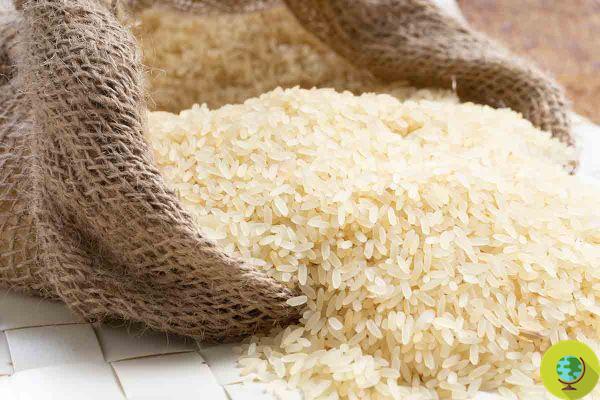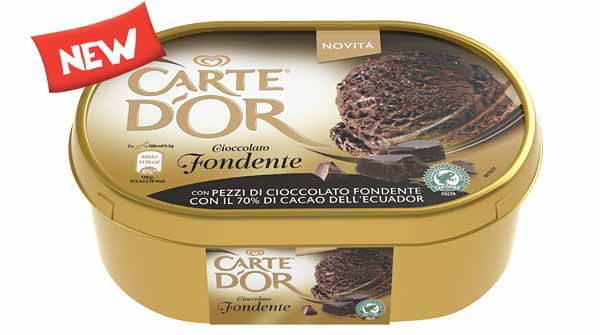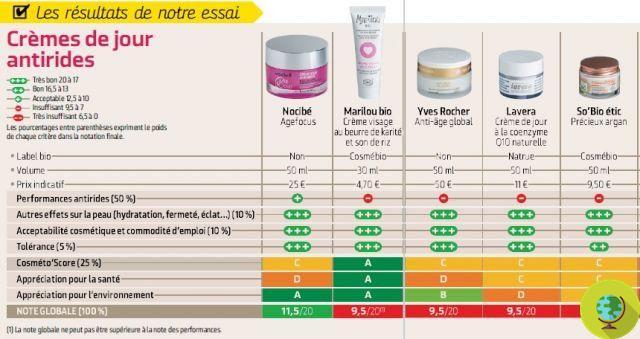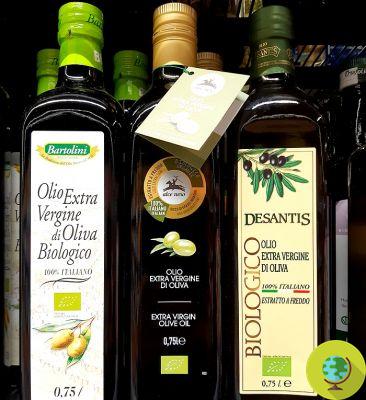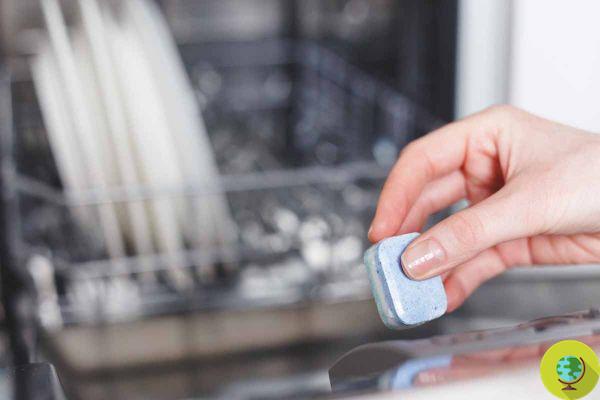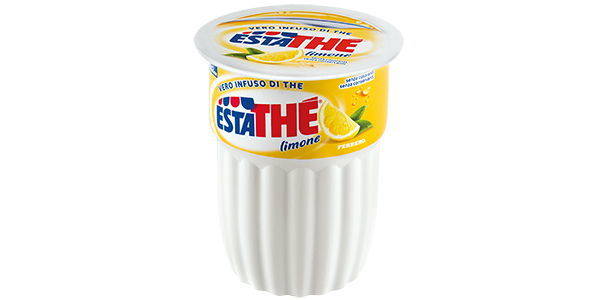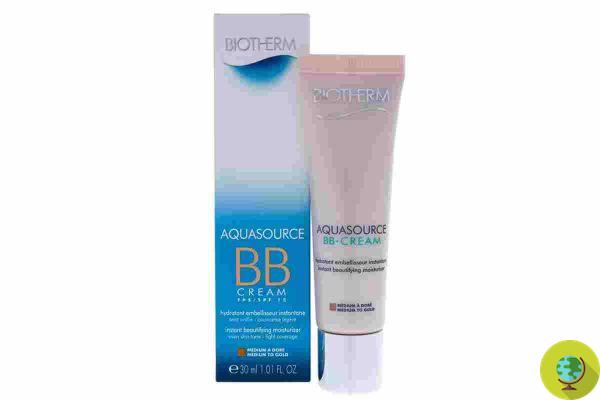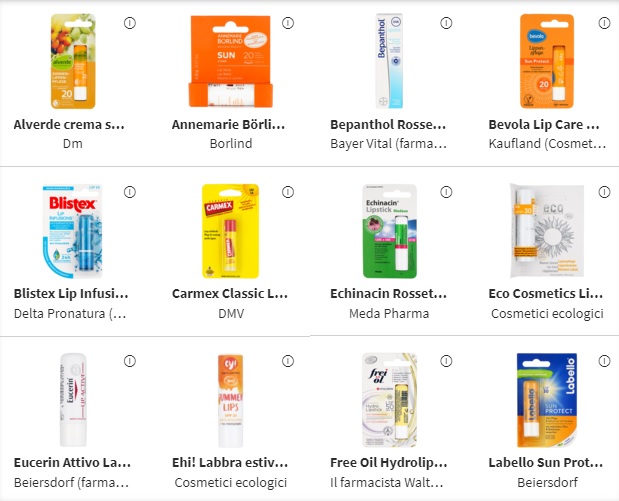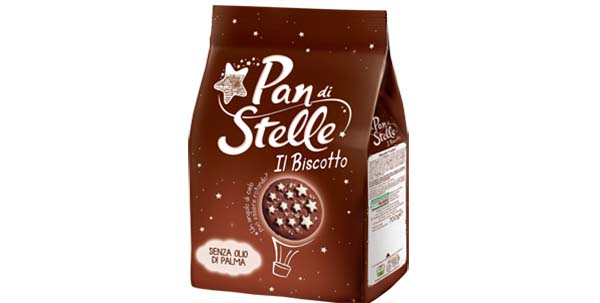With the exception of natural and Greek yogurts, yogurts are too full of sugar.
Don't store avocado like this: it's dangerousToo much sugar in yogurt. In spite of the common belief that yogurt is a healthy food, in reality what we find in the supermarket would contain more sugar than Coke. The beauty is that products for children and the so-called organic ones are excessively sweetened. The exceptions, however, are Greek yogurt and natural white.
This was revealed by a study conducted jointly by the Universities of Leeds and Surrey, which analyzed the product information of 921 yogurts available in major UK supermarkets.
Their survey found that in all categories of yogurt products - ad except for natural, Greek and "Greek-style" yogurts - Average sugar levels were well above the 5 grams of sugar per 100 grams allowed for the product to be classified as 'low sugar' and to win the 'green light' nutrition label in the UK.
The problem of sugar in yoghurt recurs regularly. Already a few years ago the American Heart Association had warned against excessive quantities of added sugars to make food tastier.
As for the English research, in addition to the products of the dessert category, organic yogurts appear to have the highest average sugar content - about 13,1 grams per 100 grams (think that a standard sugar cube weighs about four grams, equivalent to a teaspoon of granulated sugar).
Lead author of the study, Bernadette Moore, of the School of Food Science and Nutrition in Leeds, said: “While there is good evidence that yogurt can be beneficial for health, products on the market vary widely in nutrient content. . Items labeled as 'organic' are often considered the 'healthiest' option, but may be an unrecognized source of added sugar in many people's diets. ”
And not only that: also the yogurts meant for children are too sugary, just think that the British Health System recommends a consumption of sugar not exceeding for 4-6 year olds 19 grams per day and that only two of the 101 baby yogurts analyzed can be classified as low in sugar (most contain an average of 10,8 grams per 100 grams of product).
This is a serious problem, considering that diets rich in added sugars are now unequivocally linked to obesity and dental problems. "An alarming 58% of women and 68% of men - along with one in three children in the UK between the ages of ten and eleven - were overweight or obese in 2015," says study co-author Barbara Fielding, of 'University of Surrey.
In general, on average, children eat more yogurt than adults, because they can be an excellent source of protein, calcium and vitamin B12. However, this study found that "in many of the yoghurt products marketed for babies, a single serving could contain nearly half the maximum recommended daily consumption for the baby: many servings for baby yoghurts were identical to the size of the baby yogurt. portions of adults ".
The survey looked at the sugar and nutrient content of yogurts across eight product categories and found that natural white yoghurt and Greek style yoghurt have a significantly different nutritional profile from all other categories, containing much higher levels of protein, a low level of carbohydrates and the least amount of sugar, with an average of 5 grams per 100g.
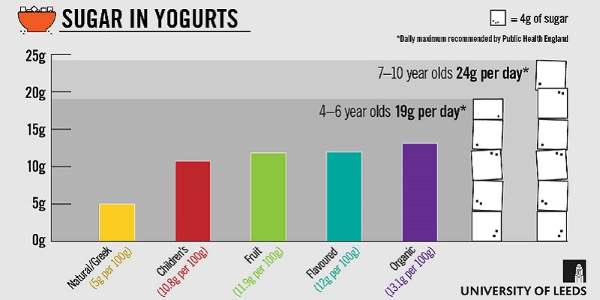
Sugar is often used as a sweetener to counteract the natural acidity of lactic acid produced by living cultures in yogurt. These living cultures - or microorganisms - are what make yogurt a good food for the gut and tend to be found in larger quantities in organic yogurt. This could be why these products had a higher amount of sugar added to compensate for the acidity.
We asked Paola Assunta Buccarella, doctor and nutritionist, to provide us with some useful information to buy a good quality yogurt.
So how can we choose a quality yogurt?
“The basic elements of a quality yogurt are: milk and two microorganisms, Lactobacillus bulgaricus and Streptococcus thermophilus, which transform milk into yogurt through the fermentation process. Bacteria help strengthen the immune system by stimulating the intestinal bacterial microflora and counteracting the activity of any pathogenic bacteria. The milk used for the preparation of yogurt is transformed by bacteria to increase its assimilation and therefore its digestibility. The best choice from a nutritional point of view falls on the natural white yogurt from whole milk, which can also be easily prepared at home, to which you can add fresh fruit cut into pieces ".
What to do then? Read the labels or make a delicious light and dietetic yogurt at home!
Read also
- White yogurt compared: which ones and how to choose?
- Fruit yogurt: which ones and how to choose?
- Yogurt: 5 criteria by which to choose a really healthy one
- How to make soy yogurt at home
Germana Carillo




